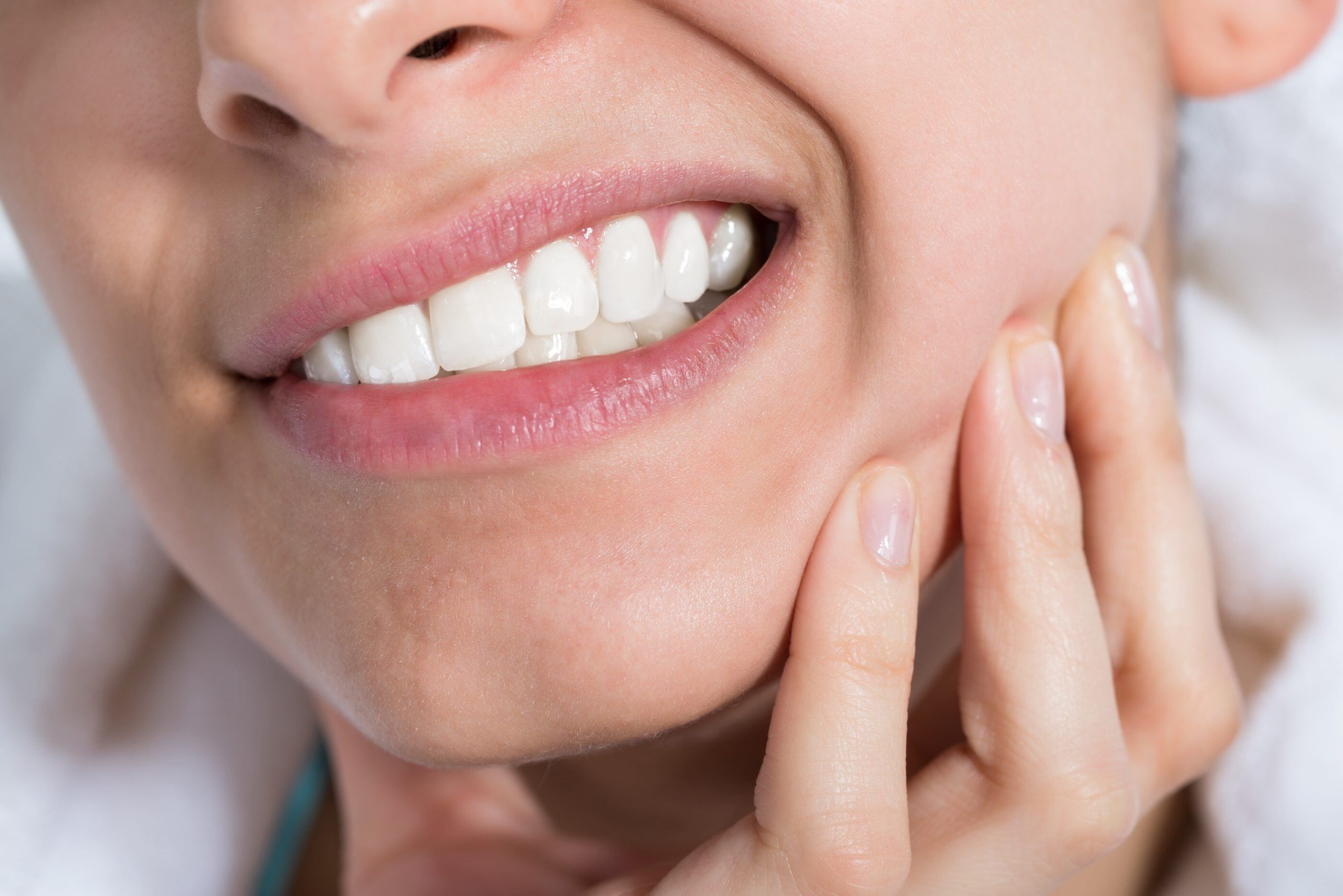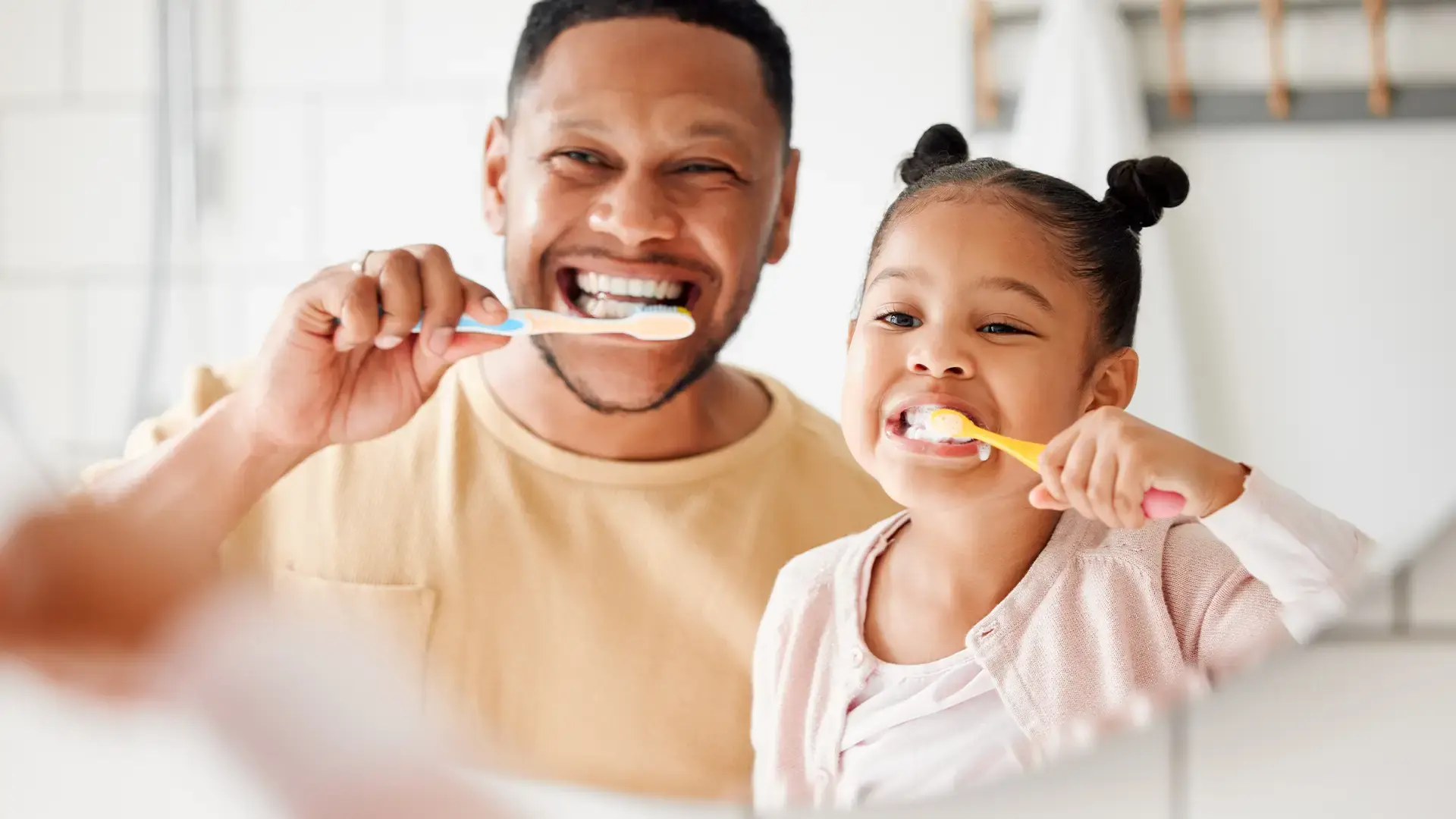Stop Teeth Grinding: Techniques to Break the Habit

Summarize with AI
Also known as teeth grinding, bruxism is a condition characterized by repetitively clenching and grinding the teeth. It can occur in children and adults while they are asleep or awake.
In some cases, bruxism a temporary behavior that stops on its own. In addition, not everyone with the condition suffers ill effects, although family members and friends may be irritated by the sound of teeth grinding. However, bruxism can be damaging to a person’s teeth and jaws. It may also be a symptom of a more serious condition, such as a sleep disorder, misalignment of the teeth, or anxiety.
Below is some information on teeth grinding, including causes, effects, and treatment:
What if I Grind My Teeth in my Sleep?
It can be difficult to determine if you are one of those people who grind their teeth at night. There are, however, some symptoms that can help you identify the problem. In some cases, your spouse or partner will notice the sound of grinding teeth in sleep and can let you know about it.
Another thing to look out for is tenderness around your jaw, or suffering an ongoing dull headache. If you are concerned, make an appointment with your dentist. He or she can examine your teeth for signs of grinding.
What are the Health Consequences of Teeth Grinding?
Bruxism can have some serious health consequences. In addition to ongoing jaw pain and headaches, grinding can damage your teeth and possibly cause them to break or become loose. If this happens, you may have to replace them with crowns, dental implants, or dentures.
In addition, teeth grinding can have an adverse effect on your jaw. It may exacerbate TMJ, and in some cases, may alter your physical appearance.
Does Grinding Teeth Cause Headaches?
According to dental experts, teeth grinding is a common cause of headaches. People should suspect they may be grinding their teeth at night if they wake up with headaches in the morning. Teeth grinding head pain will go away when you address the underlying cause of the problem.
Why Do I Grind My Teeth?
While many people attribute bruxism to stress and anxiety, recent research shows that it may have different causes. According to a study appearing in the Scandinavian Journal of Medicine & Science in Sports, runners may be more prone to bruxism. Another cause is misaligned or damaged teeth, the other is sleep apnea, a disorder that can lead to serious health problems and even death. This is one reason why seeking professional treatment for bruxism is important.
Why do Toddlers Grind Their Teeth?
Adults aren’t the only people who get bruxism. Toddlers also grind their teeth, and for many of the same reasons as adults. Tooth or jaw misalignment may be a cause, and stress can also play a role. A toddler grinding teeth may also be a sign that he or she is experiencing discomfort from an earache or teething.
Unfortunately, teeth grinding can cause more than just pain; according to the American Academy of Sleep Medicine, teeth grinding can have a negative impact on school performance.
Many children grow out of bruxism, and treatment may not be necessary. However, your dentist or doctor can let you know whether your child might benefit from a mouthguard. In addition, if your child’s teeth have been damaged, your dentist may be able to recommend treatments such as temporary crowns.
What are Some Professional Treatments for Teeth Grinding?
There are several treatments available for bruxism, some of which are available for your dentist, although you may need to seek assistance from a medical doctor for others.
Tooth misalignment: if you are suffering from misaligned or damaged teeth, your dentist can help. He or she may be able to refer you to an orthodontist or maxillofacial surgeon who can make treatment recommendations.
Mouthguard: Your dentist can also create a custom mouth guard that you wear at night. This protects against teeth grinding. Mouthguards can be made for both adults and children.
Sleep apnea treatment: if your dentist has reason to believe that your bruxism is caused by sleep apnea, you may want to seek treatment. Talk to your medical doctor about a referral for a sleep study.
If the sleep study reveals that you have apnea, you can receive treatment for the condition, including using a breathing machine at night. This may be enough to stop the clenching and grinding.
Treatment for stress: If your bruxism is being caused by stress and anxiety, talk to your doctor. He or she can offer treatment strategies that may include counseling or anti-anxiety medications.
Self-Care Options
In addition to professional treatments, there are some self-care strategies that may help:
Avoid caffeine late in the day: Caffeine consumption can affect your sleep, and may also contribute to teeth grinding. Switch to water or noncaffeinated herbal teas in the afternoon and evening.
Enjoy a relaxing activity before bed: Starting around an hour before bedtime, find a way to de-stress and relax. Some people find reading a book or magazine to be helpful; others may listen to music, meditate, or even take a warm bath.
Apply heat to your jaw: Try using a heat pack on the area of your jaw right under your earlobe. The warmth can relax those muscles, possibly discouraging grinding during the night.
It’s also important that you continue to work with your doctor or dentist. Get regular dental checkups, and let your dentist or doctor know if symptoms persist or return. You can also ask your partner or spouse to let you know if they hear teeth grinding during the night.
How Gentle Dental Can Help
The professionals at our neighborhood dental offices are experienced in diagnosing and treating teeth grinding. Our dentists can provide guidance and treatment options, including mouth guards. Contact Gentle Dental today to make an appointment. We offer both weekend and evening hours for your convenience.

.png)
